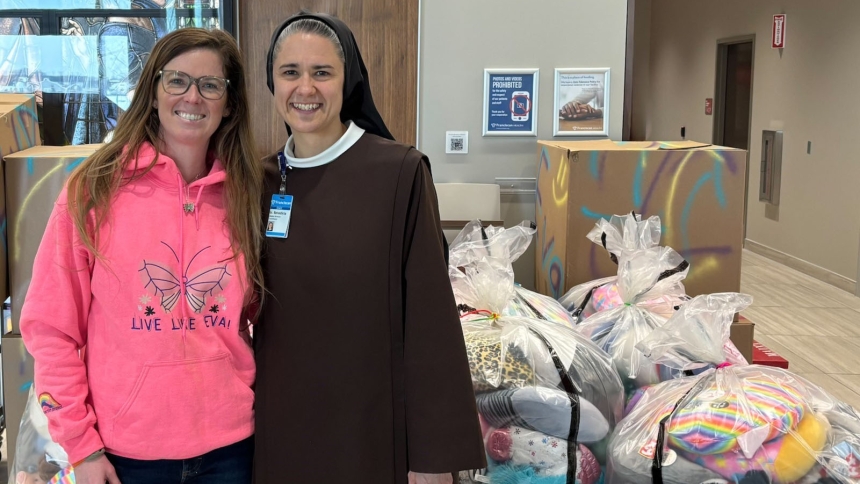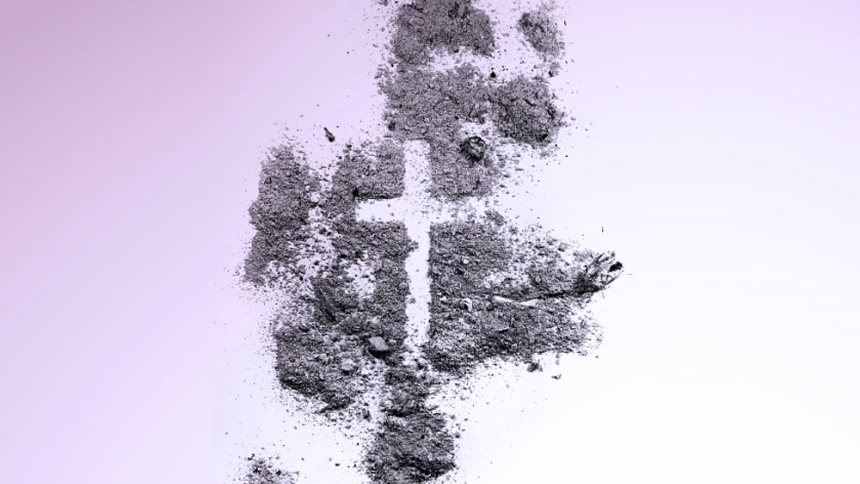
As published in the Northwest Indiana Catholic on March 26, 2017
This Saturday March 25 would have been my father’s 100th birthday. Born on a farm in southwest Wisc., he grew up without indoor plumbing, electricity or motor vehicles. My dad’s first memory was plowing a field with a horse when he was five years old. He later served in the Army Air Corps in World War II, guarding Japanese POWs on the island of Guam.
Moving to Milwaukee after the war, my father worked in a factory his whole career before retiring at the age of 62. He died in 2008 of an inoperable chest tumor at the age of 91, having lived through more monumental changes than any generation of any country in human history.
The trajectory of his life, part of Tom Brokaw’s “Greatest Generation,” was remarkable. As I ponder his legacy, I realize that my father imparted many lessons and much wisdom to those who knew and loved him. Part of the societal crisis we face today is the result of losing the values and vision that people such as my parents, like so many people in your own lives, embraced and lived.
My father worked hard, as a farmer, soldier, car mechanic, factory worker, husband and father. He could do plumbing, electrical wiring, auto repair, pour cement, paint anything to perfection, erect a building or a fence and do just about anything else that needed attention or fixing.
Never idle, he put in a full day’s work at a dirty, noisy factory before going home to start all over again with the many household tasks that demanded his talents. My father was not afraid of getting his hands dirty, going the extra mile to do a job right, fix my brothers’ cars or help out at church when the pastor asked him. His children all learned to work hard as well. Probably the greatest insult in my family was to call someone lazy.
St. Paul reminds us that we, as Christian disciples, should labor and sacrifice for the sake of the Gospel. In our technological, antiseptic world, it may be challenging to recognize the value of hard work, sacrificing our comfort, getting dirty, being inconvenienced, making the extra effort. I find something very satisfying and real in physical labor.
My parents were simple, frugal folks. They never had a credit card; they paid off their first house in five years; and paid cash for everything else, including cars and another house. Generous to the poor and the Church, they rarely spent money on themselves, and if they couldn’t afford something, they didn’t buy it.
I always joked that if the national economy depended on their spending habits, the whole country would have collapsed years ago. Before recycling was trendy, my parents reused just about everything or took it to one of those places that bought paper, aluminum and junk. We wore clothes till they wore out; all leftovers were eaten; and we went for more healthy organic food way before anybody knew what that meant. I was not happy with the health kick because one day, all desserts, processed meats and most junk food disappeared!
For my parents, life was simple and you never wasted a thing. Everything was a gift from God, meant to be valued and appreciated.
I am a priest today principally because of my parent’s spirituality. We would often go to Mass during the week, attended Mother of Perpetual Help devotions and Benediction on Tuesday nights, prayed the Rosary every night after supper, and were involved in the parish. My parents nurtured deeply personal prayer lives; God was clearly the center of our house.
They didn’t speak about religion all the time, but they didn’t have to. Their actions spoke volumes. When I was six, my mother returned to work half-time as a nurse, so we would attend Saturday night Mass on those weekends that she worked. The next morning, my dad would rouse all of us out of bed to go to Mass again! Often it would be the same priest and the same homily. If we protested, he would say, “Don’t you think God blessed you enough this week that you can spend two hours praising and thanking him?”
What do you say to that? We would get dressed and go again.
My father believed and lived a traditional morality. Smoking and drugs were destructive. Sex outside marriage was wrong. Swearing was sinful. Hard work paid off. Faith gets you through everything. Don’t waste anything. Don’t spend money you don’t have. Church and family are the most important things in life. Life isn’t about you; it’s about God and everybody else.
My dad was far from perfect; he had a temper, he would say things he would regret later, and he could be intolerant, but, as I ponder the gift and legacy of his life as we celebrate his 100th birthday, what I remember is the man I have just described: a faithful, prayerful, hard-working, simple person who tried to love and please God and raise his family right.
Born in 1917 on the feast of the Annunciation, the year of Mary’s appearances in Fatima, my father always had a deep devotion to the Blessed Virgin. Several weeks before he died, I had to tell him that he had an inoperable tumor and had only a short time to live. I also told him that I was cancelling an upcoming pilgrimage to Fatima because of his illness. He demanded that I go, explaining his whole connection to Our Lady of Fatima and said, “Don’t you think that Mary planned it that you would be praying for me at Fatima when I die?”
That is precisely what happened. The night before I left on the trip, I went to say goodbye to him. We both knew that we would not see each other again. His last words to me were: “If I’m not around when you get back, you’ll know where I went.”
Then he laughed.
Because of the Christian faith he lived and passed on to me, I do know where he went and that makes all the difference.
+ Bishop Donald J. Hying



